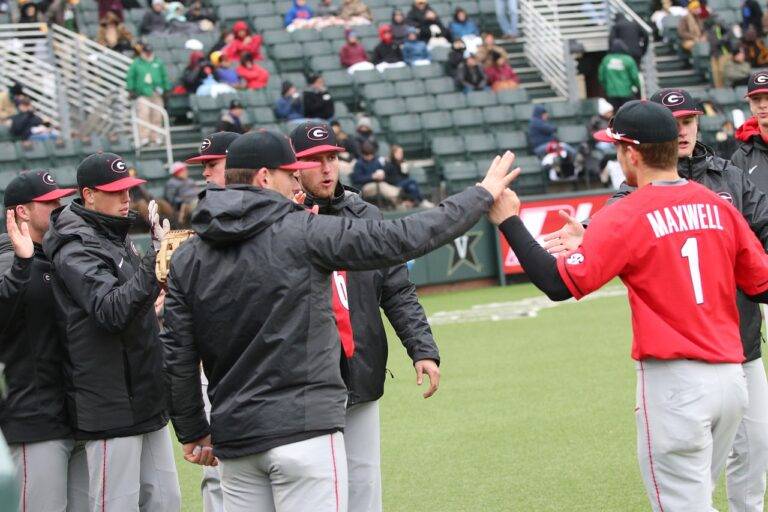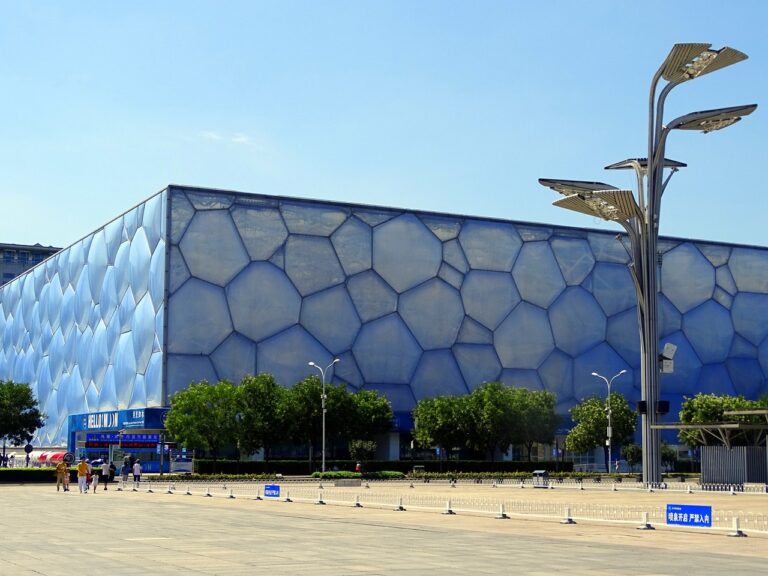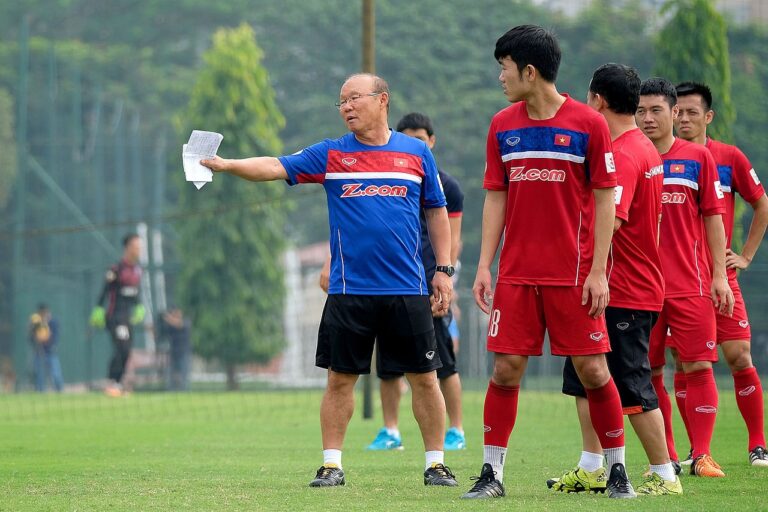The Impact of Stress on IPL Athlete Nutrition Needs: Bet bhai.com, Cricket99 bet login, Diamondexch9.com
bet bhai.com, cricket99 bet login, diamondexch9.com: The Impact of Stress on IPL Athlete Nutrition Needs
As professional athletes, IPL players undergo intense physical and mental stress during matches, training sessions, and travel. This high level of stress can have a significant impact on their nutritional needs. In this blog post, we will explore how stress affects IPL athletes and the importance of proper nutrition in managing stress and optimizing performance on the field.
Understanding Stress and its Effects on Athletes
Stress is a natural response to challenging situations, such as competitive matches, tight schedules, and media scrutiny. When athletes experience stress, their bodies release hormones like cortisol, which can affect their appetite, metabolism, and energy levels. This can lead to nutritional deficiencies, fatigue, and decreased performance on the field.
The Role of Nutrition in Managing Stress
Proper nutrition is essential for athletes to cope with stress and perform at their best. A well-balanced diet rich in carbohydrates, proteins, fats, vitamins, and minerals can help regulate hormone levels, boost energy levels, and support recovery after strenuous workouts. Athletes should focus on eating nutrient-dense foods such as vegetables, fruits, whole grains, lean proteins, and healthy fats to meet their increased energy demands and combat the negative effects of stress.
Nutritional Strategies for IPL Athletes
IPL athletes can benefit from the following nutritional strategies to manage stress and optimize performance:
1. Hydration: Staying well-hydrated is crucial for athletes to maintain performance levels and recover faster. IPL players should drink plenty of water before, during, and after matches to replace lost fluids and prevent dehydration.
2. Pre-Match Nutrition: Eating a balanced meal rich in carbohydrates and proteins before matches can help athletes fuel their bodies and sustain energy levels throughout the game. Foods like oatmeal, eggs, and bananas are excellent choices for pre-match meals.
3. Post-Match Recovery: After intense matches, athletes should refuel their bodies with carbohydrates and protein to replenish glycogen stores and repair muscle damage. Foods like lean meats, quinoa, and sweet potatoes can aid in post-match recovery.
4. Snacking: Healthy snacks like nuts, yogurt, and fruits can provide athletes with sustained energy and prevent hunger pangs during long training sessions or matches. Opt for nutrient-dense snacks to support overall performance and recovery.
5. Supplementation: In some cases, athletes may need to supplement their diets with vitamins, minerals, or protein powders to meet their increased nutrient requirements during periods of high stress. Consult a sports nutritionist to determine the right supplements for your needs.
FAQs
Q: How does stress affect an athlete’s digestion?
A: Stress can disrupt digestion by slowing down the movement of food through the gastrointestinal tract, leading to issues like bloating, constipation, or diarrhea. Athletes should focus on eating slowly, chewing their food thoroughly, and managing stress levels to support healthy digestion.
Q: Can dietary changes help athletes manage stress?
A: Yes, certain dietary changes like reducing caffeine, sugar, and processed foods while increasing intake of whole foods can help athletes manage stress more effectively. Eating a well-balanced diet can support overall health and resilience to stress.
Q: Is it necessary for athletes to work with a nutritionist?
A: While not mandatory, working with a sports nutritionist can provide athletes with personalized guidance on managing stress, optimizing performance, and meeting their unique nutritional needs. A nutritionist can help athletes create a customized meal plan, address deficiencies, and track progress over time.
In conclusion, stress can have a significant impact on IPL athletes’ nutritional needs and performance on the field. By prioritizing proper nutrition, hydration, and recovery strategies, athletes can better manage stress, support their bodies, and optimize their performance during matches and training sessions. Remember, a well-fed body is a well-performing body.







